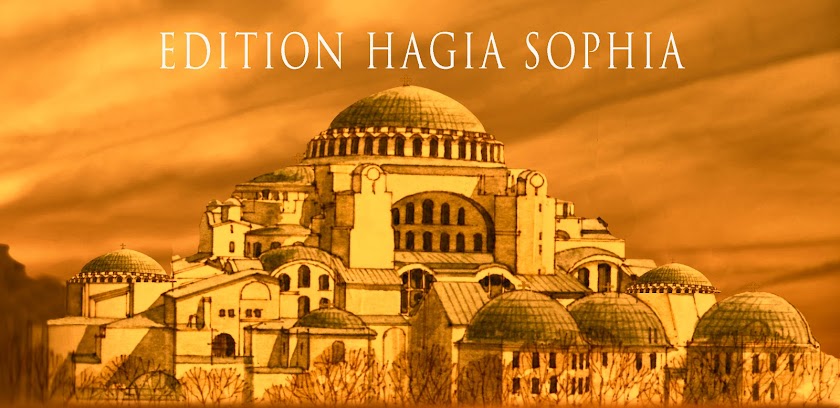Neuerscheinung:
Heiliger Bischof Ignatij (Brjantschaninow)︱Briefe︱An Laien, Verwandte und Freunde
Ausgewählte Schriften︱Band 4
292 Seiten︱Klappenboschur︱Inhaltsverzeichnis︱Zur Bestellung!
Der vorliegende vierte Band unserer Reihe Ausgewählte Schriften des heiligen Ignatij (Brjantschaninow) enthält eine Auswahl von zweihundert Briefen, die der Heilige an Weltliche, an seine Familie und an Freunde geschrieben hat. Während im 1. Teil, dem Schriftwechsel mit ratsuchenden Christen, die geistliche Anleitung im Vordergrund steht, enthalten die Briefe an die Familie und den Freund Michail Tschichatschow im 2. Teil neben asketischen Ratschlägen auch viel Persönliches. Sie gewähren einen Einblick in die Lebensumstände des Heiligen, die einerseits durch seine chronisch schwache Gesundheit geprägt sind, aber auch durch Anfeindungen und Vorbehalte seiner Umgebung. Schließlich stellt er nach seiner Herkunft und seinem Werdegang eine Ausnahme dar: Anstelle einer Geistlichen Akademie absolviert er eine Offiziersausbildung, anschließend zieht er der möglichen Karriere die weltabgewandte asketische Praxis vor. Der Heilige tritt uns in seinen Briefen an die Eltern und Geschwister als treuer Sohn und warmherziger, fürsorgender Bruder entgegen, zugleich interessiert an den gesellschaftlichen Umbrüchen seiner Zeit und stets im festen Vertrauen darauf, dass nichts im Leben ohne Gottes Willen und Fügung geschieht. Insbesondere der Briefwechsel mit seinem Bruder Pjotr enthält darüber hinaus viele wertvolle Aussagen des heiligen Bischofs zu seinen eigenen asketischen Schriften. Deren Veröffentlichung hatten sich die beiden Brüder in den letzten Lebensjahren des Bischofs gemeinsam gewidmet. In der vorliegenden Reihe werden sie nun auch für den deutschsprachigen Leser zugänglich.





